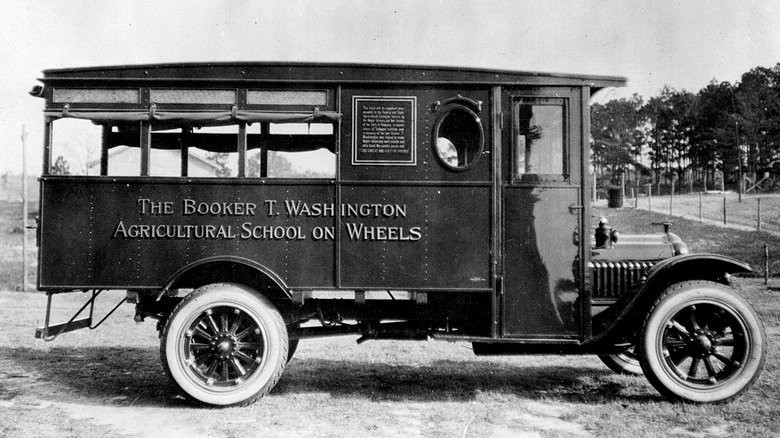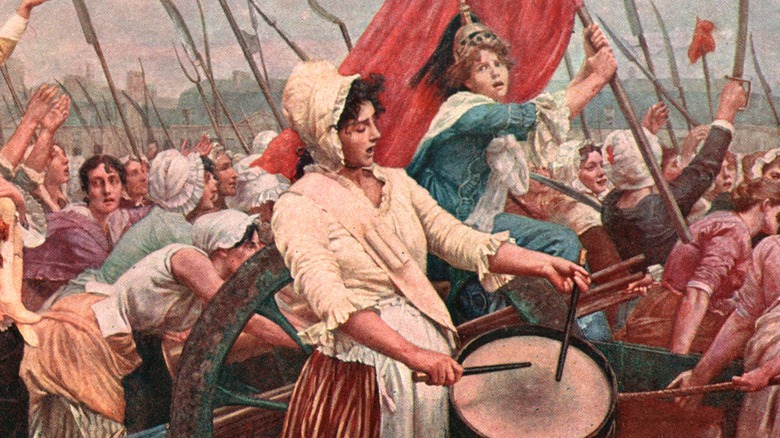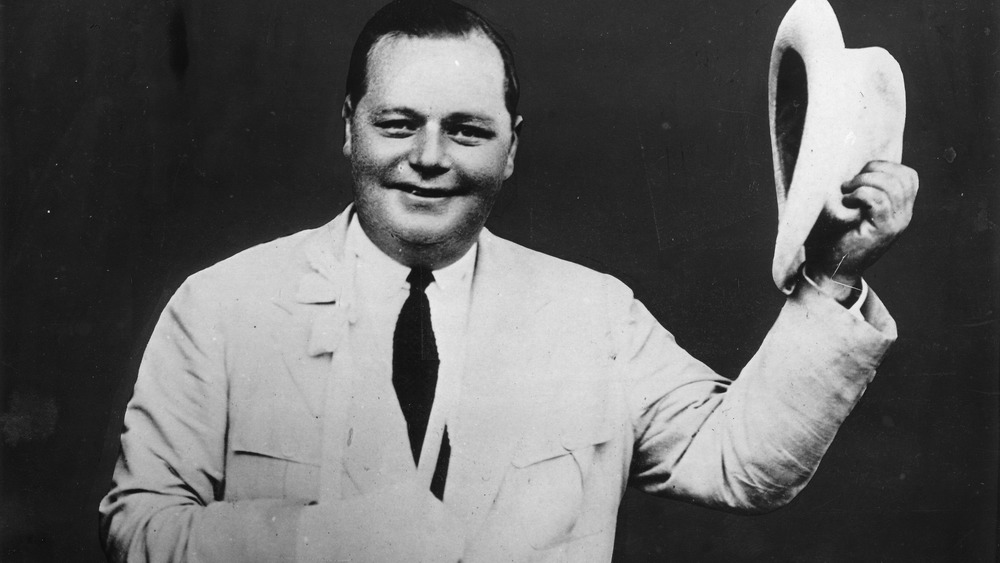
Why Robert E. Lee Couldn’t Scare Off Ulysses S. Grant
Ulysses S. Grant and Robert E. Lee are often remembered as two titans who each threw thousands of men at the other during the American Civil War until a victor emerged. Was there more to it than that, though? Certainly Lee had fewer men and resources, but he made a daring push north with the intent of eventually encircling Washington as the Union scrambled to find a general who could match him. Why did Grant succeed where Union General McClellan became the embodiment of failure (via Washington Post)? To answer this question, it is important to understand that Lee and Grant’s performances were not as comparable as their ranks.
Lee’s offensive performance was mixed, while his defense of Southern cities and fortifications was generally superb. It is true that he proved enough of a headache for the Union that it would not be until 1864 that the Union found a general of their own who was up to the task. However, Lee’s push northward ended in calamity after losing the initiative at Gettysburg. Lee ultimately never managed to threaten Washington itself, while the Confederate efforts that did (The First Battle of Bull Run and the Battle of Fort Stevens) were not under his leadership. By contrast, Grant could not only surpass his predecessor’s abysmal performance at Antietam (per American Battlefield Trust), but Lee’s capabilities as well.
Grant could see victory where others saw defeat
In 1863 the Siege of Vicksburg ended in the surrender of the Confederate Army of Mississippi. The result was not just the capture of another city, but the permanent splitting of the Confederacy in two (via White House.gov). The siege ended on July 4, 1863, just one day after Lee’s pivotal defeat at Gettysburg. Grant’s reputation was boosted tremendously and allowed him to climb the ranks, gaining command over all Union armies the following year (via History.com). As someone who had previously overcome alcoholism and a subpar academic career, this represented a substantially greater instance of upward mobility than for Lee who, as an already established officer, was both offered command over Union armies before the war and was given command of all Confederate armies in 1865.
With the eastern theater becoming the main focus of the war, Grant would put his siege tactics to efficient use. His nickname of “Unconditional Surrender” Grant was a fitting one as he penetrated deep into southern territory. All along the way, scorched earth was policy under Grant; his men lived off the land and destroyed rail infrastructure until they eventually trapped Lee at Petersburg (via American Battlefield Trust). With the following victory over Richmond, Lee lasted only seven days before he finally surrendered to Grant. This outcome was only possible because, unlike the series of slow and cautious generals before him, Grant had seen both what his offensive strategy could accomplish and what Lee’s could not.

How Paul McCartney Ended Up As An Honorary NYPD Detective

The Truth About Robin Williams And John Belushi's Relationship

The Real Reason Vatican City Has One Of The Highest Crime Rates
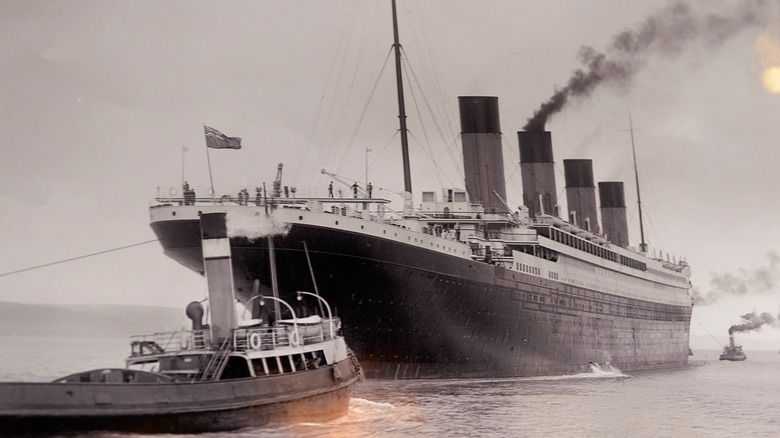
The Titanic's First Class Passengers Were More Likely To Survive. Here's Why

How Malcolm X And Muhammad Ali Finally Met

Why Universal Didn't Want To Cast Bela Lugosi As Count Dracula

Marion Albert Pruett: The Murderer Who Went Free In Witness Protection

The Dark Truth Behind The Vatican's School For Exorcisms
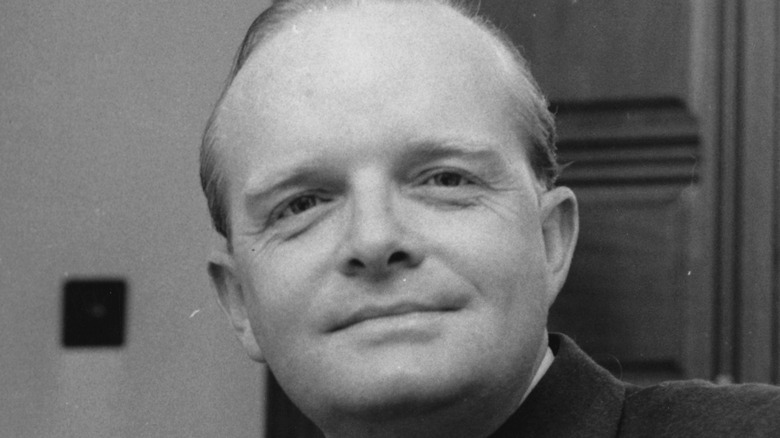
This Is What Happened To Truman Capote's Ashes

The Most Dangerous Bridges In The World







